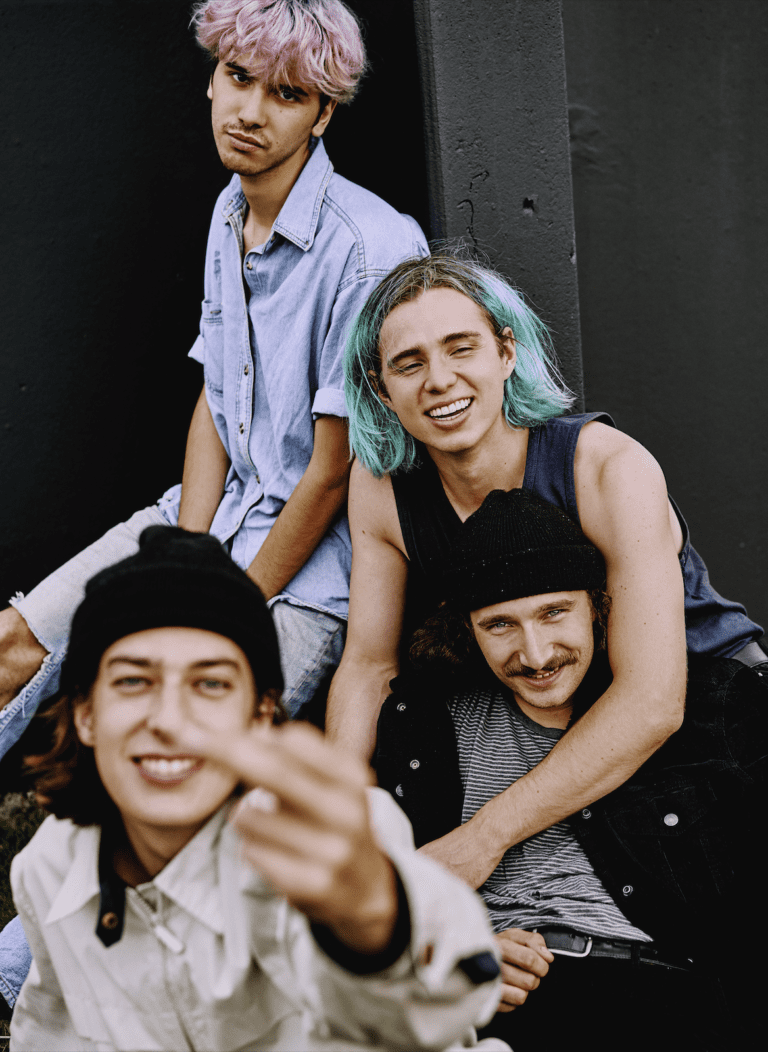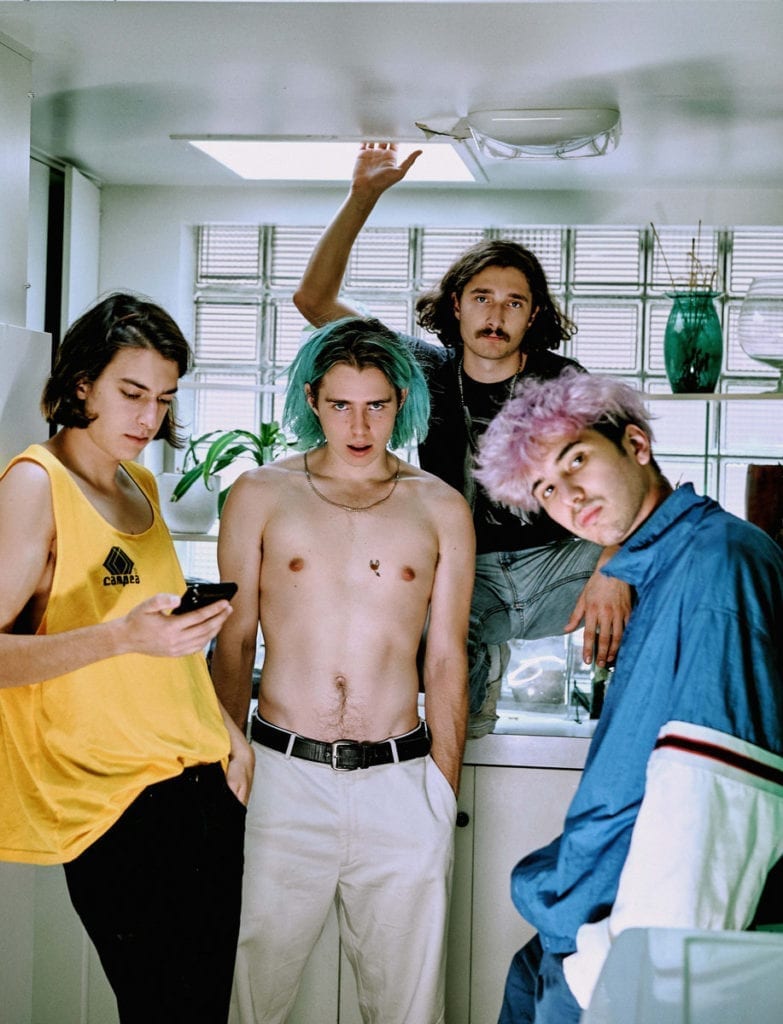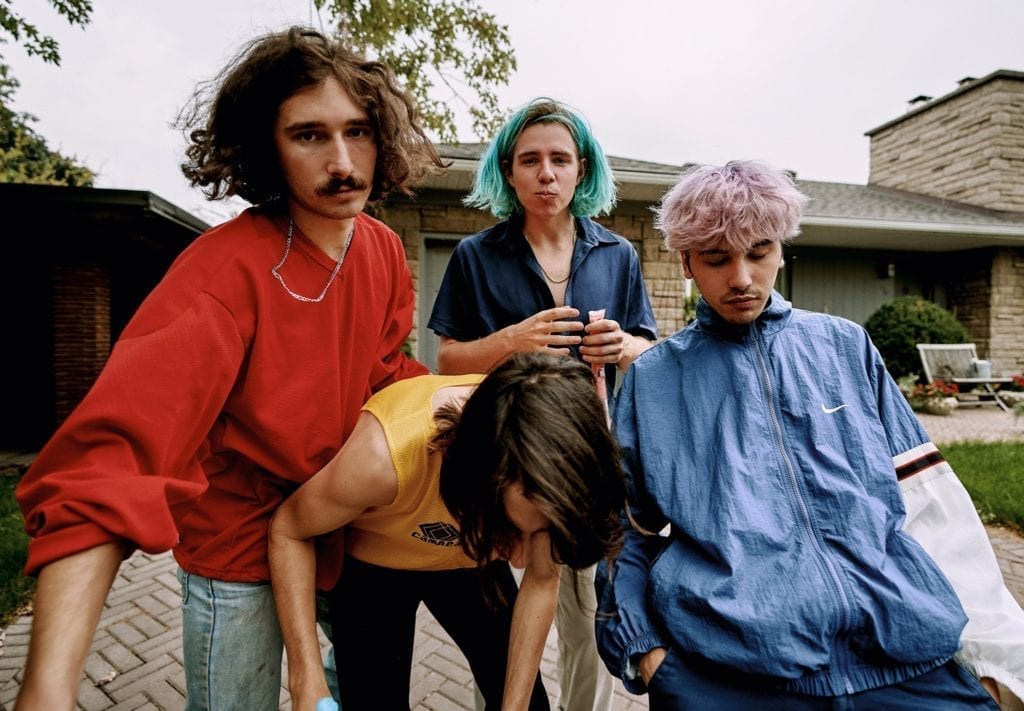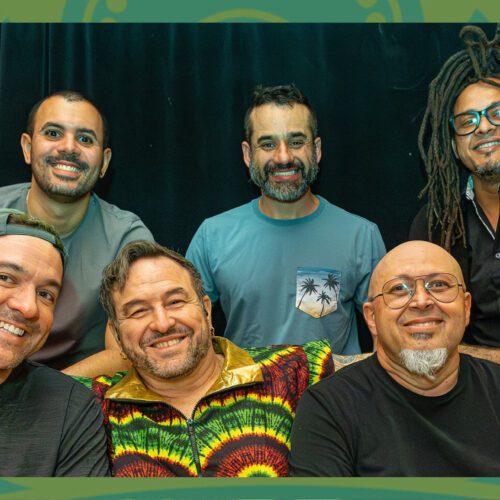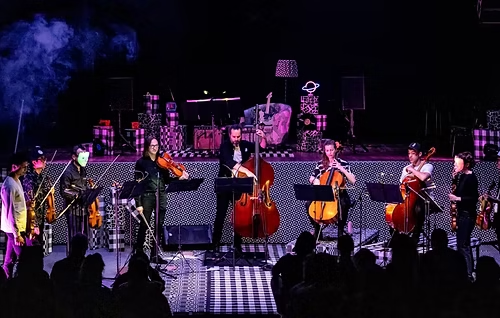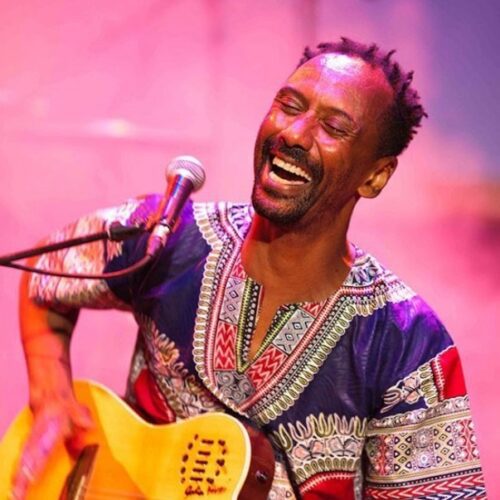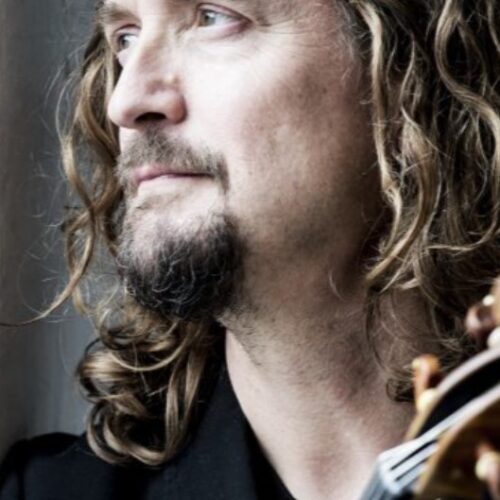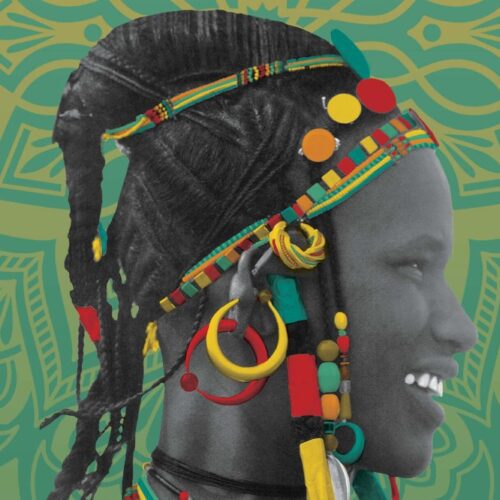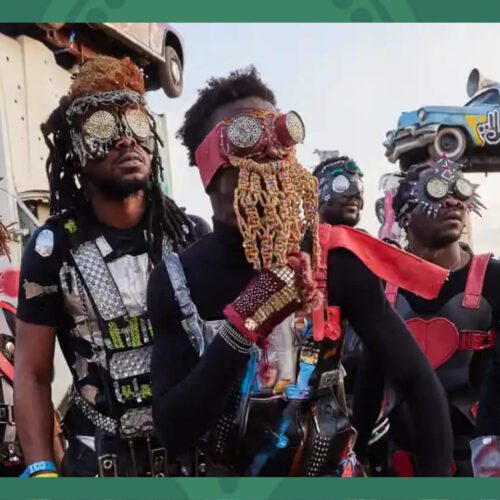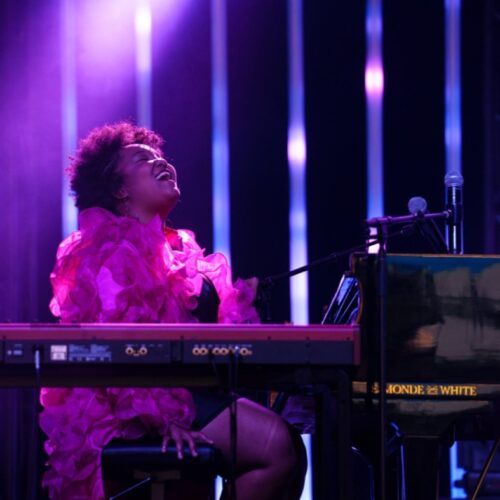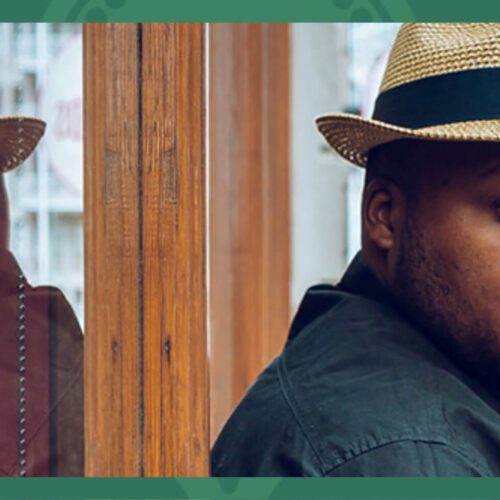Additional Information
This is the story of four teens from relatively privileged backgrounds enrolled at the South Shore’s Collège Durocher. Like most pop, rock, or other experiments, this one began in a basement, at the home of Charles-Antoine Olivier, aka CAO, drummer of Zen Bamboo.
Simon Larose, singer, guitarist and lyricist of the group, sums it up:
“In the beginning, it was really nothing more than spending the weekend jamming in the drummer’s basement. It was our main hobby as teenagers, which gradually became professional. Today, [bassist] Xavier Touikan and I are 24 years old, CAO and [guitarist] Léo are each 22. None of us studied music after high school; we all took programs in visual arts, literature, film and communications at CEGEP and university. CAO completed an undergraduate degree in film at UQAM, Léo was enrolled in visual arts, Xavier in digital arts, and I in comparative literature. We all took a break from university to do music full time.”
The music of Zen Bamboo is hard not notice, it is rich, shaggy, voluminous and ear-catching. Larose takes a new look at the stylistic side of the story:
“The indie rock and the emo of the 2000s are very important in the matter. Hip hop and R&B also permeate our musical culture, they are major influences even if they aren’t apparent. When we were working on this album, we were thinking about Frank Ocean, or even less tasteful rappers, like Lil Peep. We were also thinking about Grimes’ pop. As for the most crucial influences, I’m thinking of Nirvana, The Pixies, Red Hot Chili Peppers, Built to Spill, Elliott Smith, Frank Zappa, Jacques Brel, George Brassens, Jacques Dutronc, Richard Desjardins.”
Although they are of rock allegiance, the young guys from Zen Bamboo are this apparently now classic genre to the digital age. Larose explains how they do it.
“We offer rock songs based on simple structures. The arrangements are less simple, and it’s in the way we work that it happens. For example, you can take a drum pattern and adapt it in different ways; you can remove or inject elements from the original recording to generate new effects. Our songs were composed with guitars, bass, drums, and then we spent a lot of time on the computer. We tried a thousand things, transformed the sound recordings, imagined several collages. When something surprised us, we kept it.”
Zen Bamboo have been performing since 2015. To this day, the strength of the group is at its greatest in front of an audience. Larose says it loud and clear:
“It’s what we like to do the most, and that’s how we made our name. To this day, I find us even better on stage than on record. You know, we play together regularly for the simple pleasure of playing, it’s still our favourite hobby even after six years of existence. For the next show, by the way, we plan to adapt the songs by playing them without machines, which allows us to change the interpretation in real time.”
Julien Mineau, leader of the group Malajube (2006-2011) and the Fontarabie project (2014), produced GLU. Larose describes the connection they established:
“Our former manager frequented a bar in the Quartier Latin where Malajube’s bassist, Mathieu Cournoyer, was, and he put us in touch with Mineau. Of course, Malajube is a mythical band for all young Quebecers of my generation who play rock. In our specific case, the influence of Malajube and Julien Mineau is mainly felt in the layering of sounds. Also in the way their songs culminate. Having said that, we really didn’t want to sound like Malajube, while evoking their influence with care. What we did with him, in fact, doesn’t fit in with the Quebec rock thread. And if there’s anyone who wants to do something other than Malajube, it’s Julien Mineau! Nevertheless, I admit that musically, it’s in the same creative spirit. When it comes to writing lyrics, however, we’re not really in the same place.”
Indeed, Larose’s lyrics have little in common with those of his musical mentor. He attempts an explanation:
“When it’s confusing and sketchy in the writing, when I try to create an imbalance, a diagonal effect, it brings me immense aesthetic and symbolic satisfaction. To confuse, to say one thing to mean another, or to say pointless things, or exaggerate other things, it’s a big game for me.”
And the tone? Simon says he feels “enraged” when he writes and expresses his song lyrics. Why is this?
“I try to make sense of what I see all around me and… it’s all so strange, violent, chaotic, absurd. My references range from 9/11 to the prospect of making children in this world in disarray. So I see songwriting like a bull seeing red. I see our age as an absurd and threatening monster, and that’s why I try to create another monster to stand up to it.”
